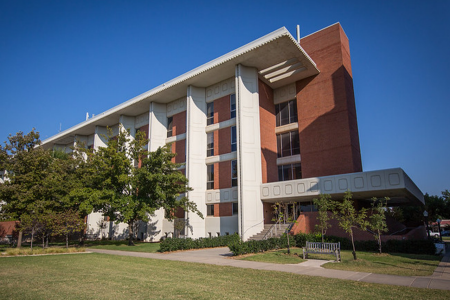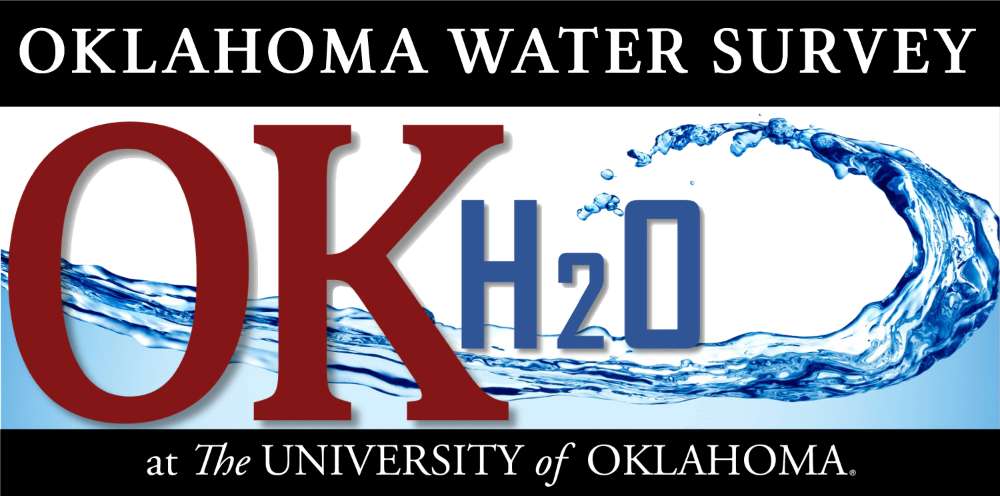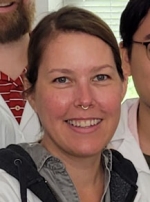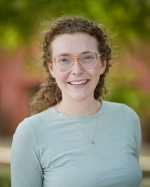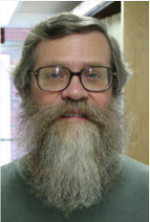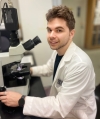Jason Vogel, Ph.D., P.E.
Director & Professor
For more than 25 years, Dr. Jason Vogel, P.E. has worked to facilitate and develop solutions for water issues throughout the Great Plains of the United States and beyond. He has served as Director of the Oklahoma Water Survey at the University of Oklahoma (OU) since June 2017. In addition to his responsibilities as Director, Dr. Vogel is a Professor in the OU School of Civil Engineering and Environmental Science. Prior to joining OU, he held faculty and research positions at Oklahoma State University in the Department of Biosystems and Agricultural Engineering and at the U.S. Geological Survey, respectively.
Since the the onset of the COVID-19 pandemic, Dr. Vogel has co-led the team that has developed into the preeminent source for wastewater-based epidemiology in Oklahoma. In addition to his work on sewage surveillance, he has also developed an award-winning stormwater and stream management research and outreach program and is recognized as one of the leading experts in low-impact development stormwater management systems in the region.
Dr. Vogel has served the water sector at the national, state and local levels for a variety of groups, including the American Society of Civil Engineers, the American Society of Agricultural and Biological Engineers, the Oklahoma Floodplain Managers Association, and the Oklahoma Clean Lakes and Watersheds Association.
Education:
- University of Nebraska-Lincoln, B.S., Biological Systems Engineering, 1995
- Texas A&M University, M.S., Agricultural Engineering, 1997
- Oklahoma State University, Ph.D., Biosystems Engineering, 2001

